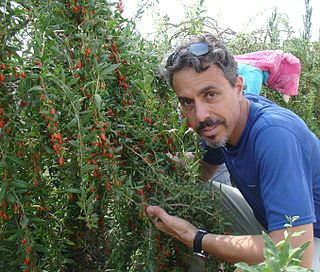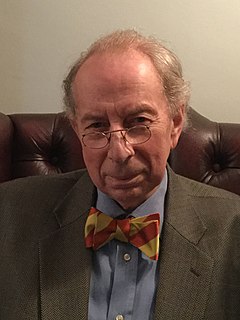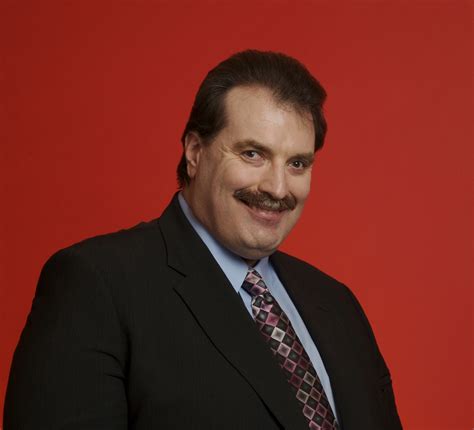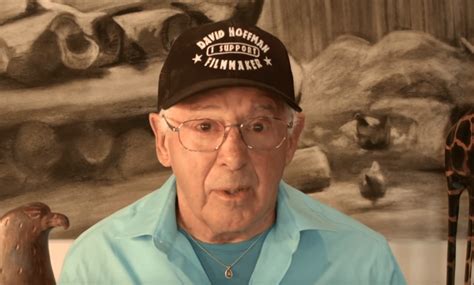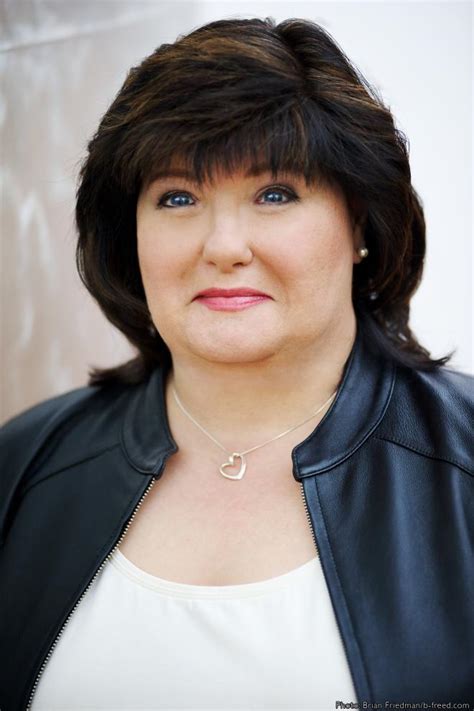A Quote by Chris Kilham
People in the U.S. are more cranked up on pharmaceutical drugs than any other culture in the world today. I want people using safer medicine. And that means plant medicine.
Related Quotes
In the last century the practice of medicine has become no more than an adjunct to the pharmaceutical industry and the other aspects of the huge, powerful and immensely profitable health care industry. Medicine is no longer an independent profession. Doctors have become nothing more than a link connecting the pharmaceutical industry to the consumer.
The scope of herbal medicine ranges from mild-acting plant medicines such as chamomile and peppermint, to very potent ones such as foxglove (from which the drug digitalis is derived). In between these two poles lies a wide spectrum of plant medicine with significant medical applications. One need only go to the United States Pharacopoeia to see the central role that plant medicine has played in American medicine.
Big Pharma needs sick people to prosper. Patients, not healthy people, are their customers. If everybody was cured of a particular illness or disease, pharmaceutical companies would lose 100% of their profits on the products they sell for that ailment. What all this means is because modern medicine is so heavily intertwined with the financial profits culture, it’s a sickness industry more than it is a health industry.
The fundamental concept of optimum nutrition heralds an entire new paradigm in medicine, no less important than that of Louis Pasteur's discovery that organisms can cause disease. Fundamental to this is the discovery that large amounts of essential nutrients, above that available from a 'well balanced diet' can help restore health in people with diseases. It is my firm belief that, in an enlightened society, pharmaceutical drugs would play a very small part in medicine.
When I was training in medicine for example, there was a culture in medicine that strong people didn't need sleep, that the less you slept, the more you just powered through a tough call not on no sleep, the stronger you were. That is not helpful to have a culture that supports healthy practices like that.
Even the mind depends so much on temperament and the disposition of one's bodily organs that, if it is possible to find a way to make people generally more wise and more skilful than they have been in the past, I believe that we should look for it in medicine. It is true that medicine as it is currently practiced contains little of much use.
It is time for the scientific community to stop giving alternative medicine a free ride There cannot be two kinds of medicine — conventional and alternative. There is only medicine that has been adequately tested and medicine that has not, medicine that works and medicine that may or may not work. Once a treatment has been tested rigorously, it no longer matters whether it was considered alternative at the outset. If it is found to be reasonably safe and effective, it will be accepted.
I was a writer first, and knew I'd be a storyteller at age seven. But since my parents are very practical, they urged me to go into a profession that would be far more secure so I went to medical school. But after practicing medicine for a few years, while raising two sons (with a husband who was also a doctor) I realized that combining medicine with motherhood was more of a challenge than I could handle. So I left medicine and stayed home. And that's when I once again picked up the pen and began to write.
With the growing recognition of the value of herbs, it is surely time to examine the professional therapeutic use of these herbs. There are profound changes happening in the American culture and herbal medicine, 'green medicine,' is playing an ever-increasing role in people's experience of this transformation.
Until the 20th century, medicine was more like politics than physics. Its forecasts were often bogus and its record grim. In the 1920s, statisticians invaded medicine and devised randomised controlled trials. Doctors, hating the challenge to their prestige, resisted but lost. Evidence-based medicine became routine and saved millions of lives.
